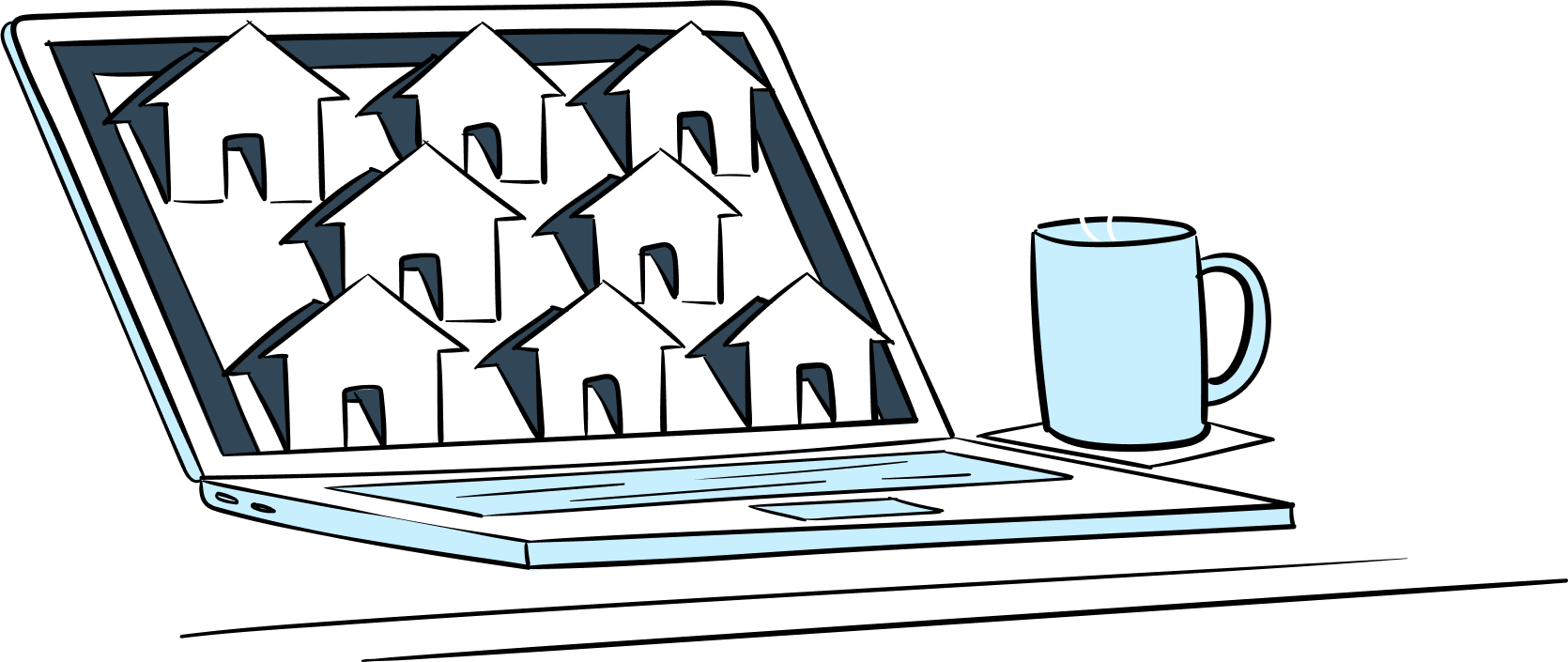With the property market in New South Wales appearing to make a tentative recovery, the question is whether the weekend state election results will affect property prices.
The state government does not have any direct say in interest rates, the biggest driver of property prices at the moment. However it does a determine another key driver of prices in terms of stamp duty charged on property transactions.
The Labor Party has previously said, if elected, they plan to abolish the new First Home Buyer Choice programme introduced by the Perrottet Liberal Government earlier this year. First Home Buyer Choice gives eligible first home buyers an option to swap a significant upfront stamp duty payment with a much smaller annual property tax (approximately 0.3% of the land value). The choice is available for property prices up to $1,500,000.
Although only recently implemented, the scheme has been relatively well-received by the market with hopes that it may pre-empt a plan to move away from stamp duty all together in favour of a more efficient annual property tax available for all categories of buyers.
However, Labor Leader Chris Minns criticized the tax as a ‘forever tax’ whose annual payments could be hiked up by future governments. He previously promised to repeal the tax if elected.
In place of the First Home Buyer Choice programme, Mr Minns indicated that he would instead completely abolish stamp duty for first home buyers up to $800,000 with further diminishing concessions up to $1,000,000.
While it waits to be seen whether Labor will carry through with its pre-election promise, abolishing First Home Buyer Choice may have a negative effect on the market in that it would narrow the scope of concessions down to a smaller class of first home buyers (i.e. First Home Buyer Choice was said to have been available for 95% of all first home buyers).
It may also lead to some uncertainty in the market to have such a important law repealed so quickly.
Having said that, the fundamental drivers of property prices in New South Wales are interest rates and the supply of dwelling places. In our view, despite the increasing interest rate environment over the last twelve months not enough has been done to correct the critical shortage of houses in NSW.
It may be better policy for the new government to focus on this issue rather than tinkering with stamp duty reform again.





